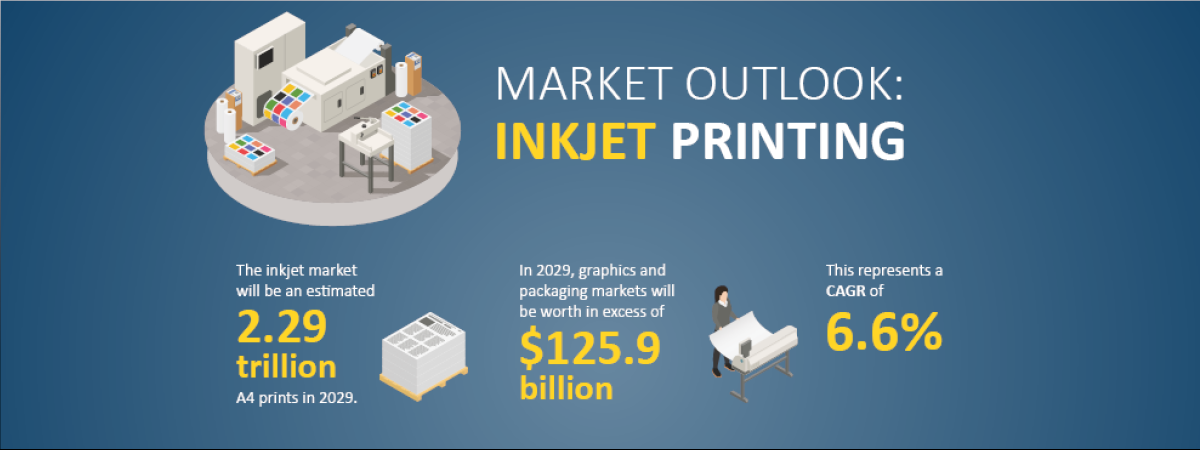16 October 2012
Disciplinary action – is a second bite of the cherry permitted?
Where an employee has been disciplined once for failing to approve printing materials from a long standing client, can an employer discipline them again for the same offence, if a year later the same client later decides to terminate his printing contract with the company citing the earlier offence as the reason?
The EAT examined whether an employee could be disciplined twice for matters arising out of the same facts, particularly if the second proceedings resulted in a dismissal, in the recent decision of Christou & Anor v London Borough of Haringey. They held that the question of fairness of the dismissal falls to be determined under the test set out in section 98(4) Employment Rights Act 1996 (ERA), that is 'whether in the circumstances (including the size and administrative resources of the employer's undertaking) the employer acted reasonably or unreasonably in treating it as a sufficient reason for dismissing the employee'.
The facts
Ms Ward was Baby P's social worker and Mrs Christou was her team leader. Baby P died on 3 August 2007 while he was subject to a child protection plan with Haringey. Ms Ward and Mrs Christou were both disciplined in May 2008 using the simplified disciplinary procedures where the highest sanction was a written warning; there was no right of appeal.
Ms Ward received the written warning for her lack of recording and her failure to call a legal planning meeting. Mrs Christou received the written warning for her lack of recorded supervision, lack of documented management direction and having no knowledge of incomplete social work tasks.
Subsequently a new director of children's services was appointed and he was required to consider the staffing issues as a result of the Baby P's case. In April 2009 Haringey brought a second set of disciplinary procedure against both women, this time under their full disciplinary procedure. The allegations arose out of the same facts as the first procedure, however this time they were both charged with breaches of child protection procedures.
Following a full hearing, they were dismissed for gross misconduct. Their claims for unfair dismissal were rejected as the tribunal concluded that the dismissal fell within the band of reasonable responses.
The EAT decision
The EAT was asked to decide whether the decision to pursue the second disciplinary proceedings created an abuse of power, such as to render the dismissals unfair. This argument was rejected on the basis that disciplinary proceedings were not litigation and therefore there was no process to be abused.
They held that the tribunal had been correct to consider the question of whether the second disciplinary proceedings were fair under the ERA. The tribunal had considered that new management found that their offences had been more serious than reflected in the initial proceedings. The dismissals fell within the range of reasonable responses. However the EAT did indicate, that it would be under exceptional circumstances that an employer could change their views as to the appropriateness of a disciplinary sanction previously imposed.
Conclusion
Therefore, whether an employers' conduct in commencing disciplinary proceedings a second time round, would be seen as reasonable depends very much on the facts. Taking our initial example, as to whether a second round of disciplinary action on the same facts, would be considered reasonable, because of the lengthy delay of the second round of the disciplinary action it is not likely to be considered as reasonable. The decision in Christou is a decision which is factually unique and unless an employer is able to advance a cogent reason for departing from their initial view, they are unlikely to be able to have a second bite at the cherry.
 Intergraf Economic News (Paper Prices) - March 2024
Intergraf Economic News (Paper Prices) - March 2024
18 March 2024
Access the latest edition of the Economic Newsletter for the European Printing Industry for data on paper consumption, and pricing data for pulp, paper and recovered paper. Data for packaging papers and board is also available with this edition.
 UK to follow global expansion of inkjet printing
UK to follow global expansion of inkjet printing
21 March 2024
The latest expert analysis from Smithers identifies the potential of the latest generation of inkjet systems to improve profitability across the global print market. Read more about the new report The Future of Inkjet Printing to 2029.
The BPIF is the printing industries champion. By becoming a member you join a diverse and influential community. We help you solve business problems, connect you to new customers and suppliers and make your voice heard in government.
Call 01676 526030









